What Zen Buddhist riddles reveal about knowledge and the unknowable
Is seeking an explanation for life’s deepest mysteries a worthy pursuit? Many scientists and theologians would say yes. Zen Buddhists practising in China from the 9th to 13th centuries CE, however, believed that it was important to embrace uncertainty instead of always seeking answers. For these monks, achieving enlightenment meant resisting the urge to know the seemingly unknowable. To foster this way of thinking, they meditated on paradoxical riddles called kōans to raise doubts about the very meaning of knowing and, through this, find deeper truths about existence. This playful animation from TED-Ed provides a brief history of kōans, and offers two rich examples from the roughly 1,700 kōans written to illustrate the key role of ambiguity on the path to enlightenment.
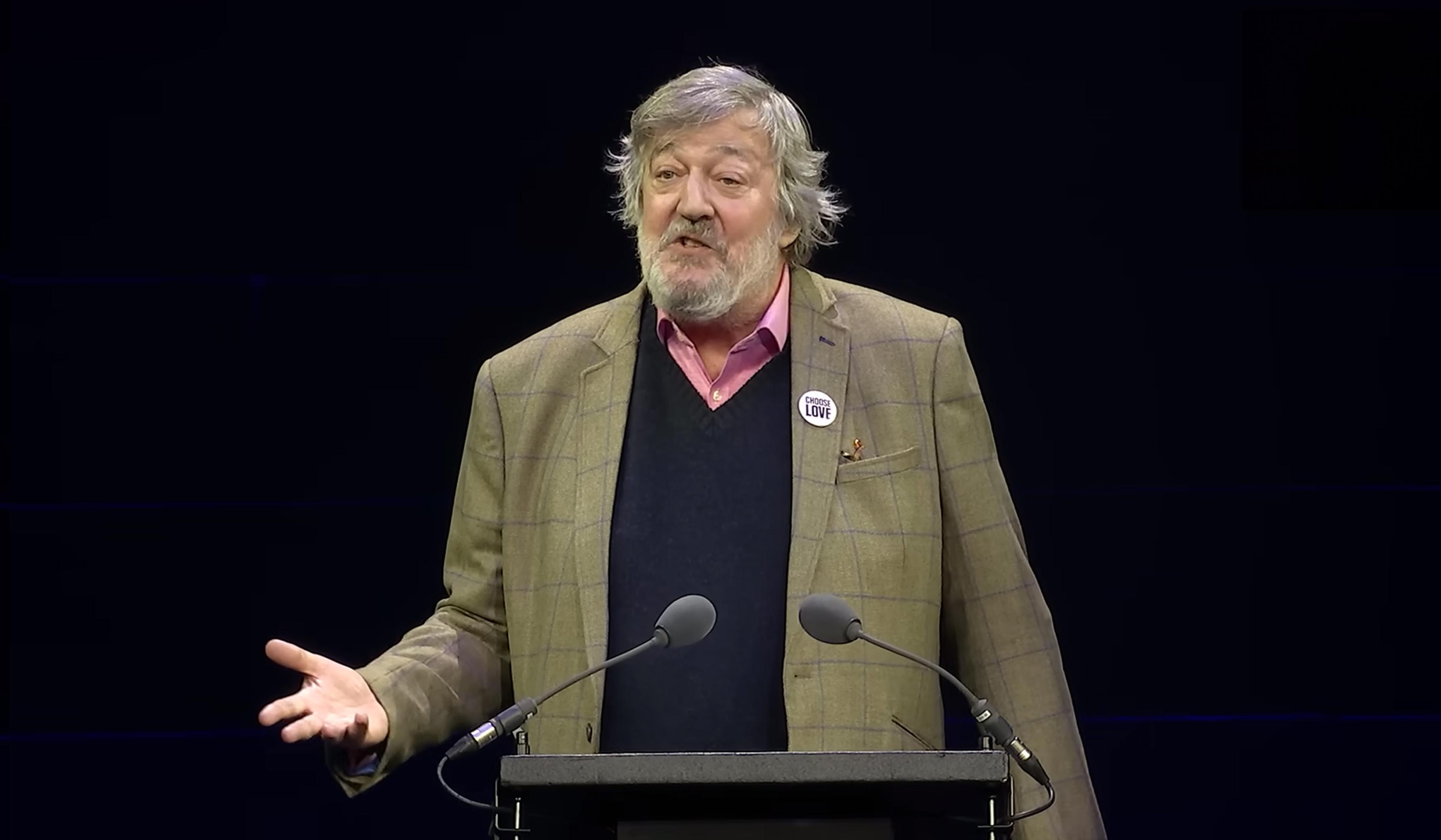
video
Meaning and the good life
Why strive? Stephen Fry reads Nick Cave’s letter on the threat of computed creativity
5 minutes
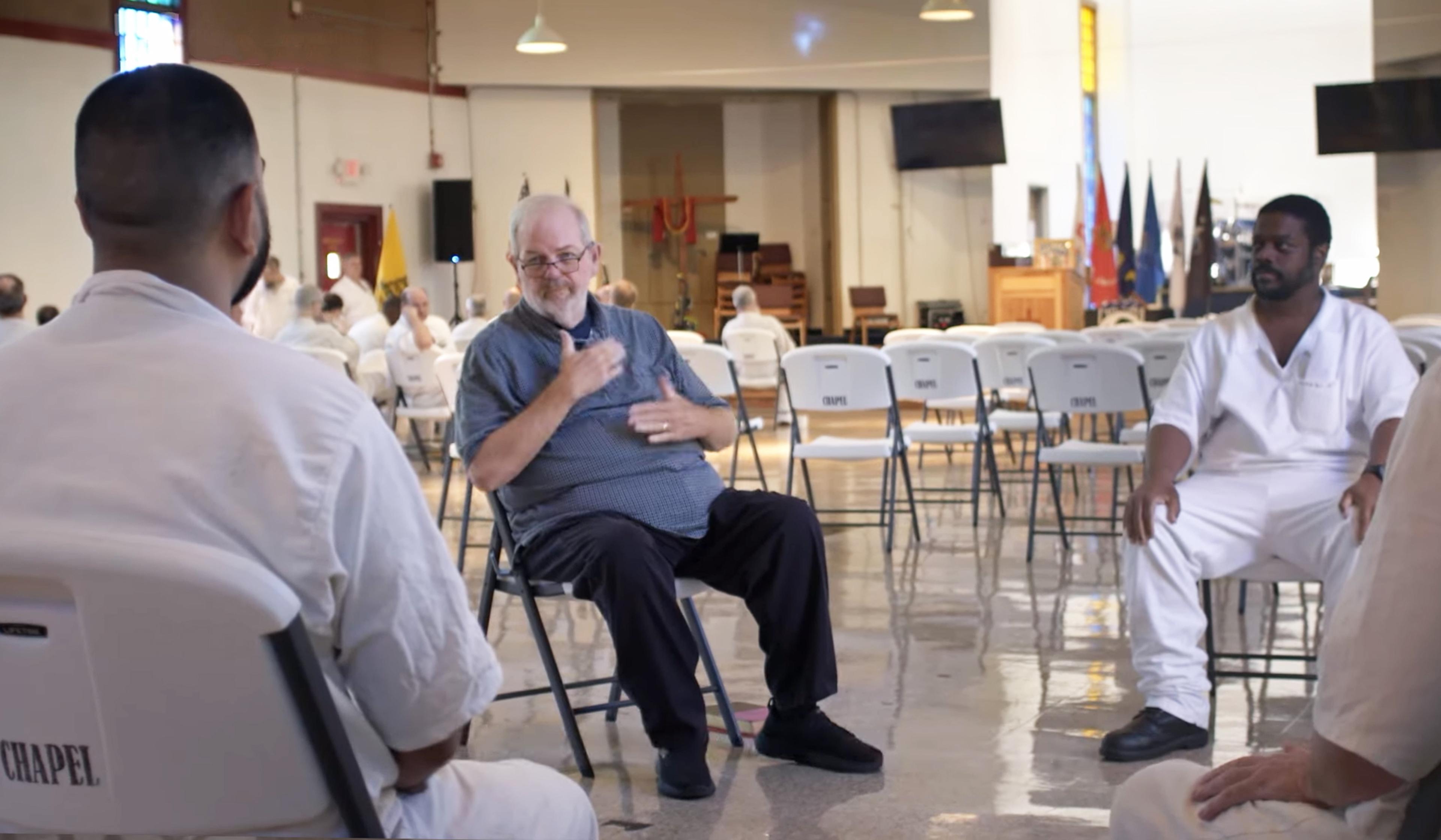
video
Human rights and justice
‘I know that change is possible’ – a Deaf prison chaplain’s gospel of hope
18 minutes
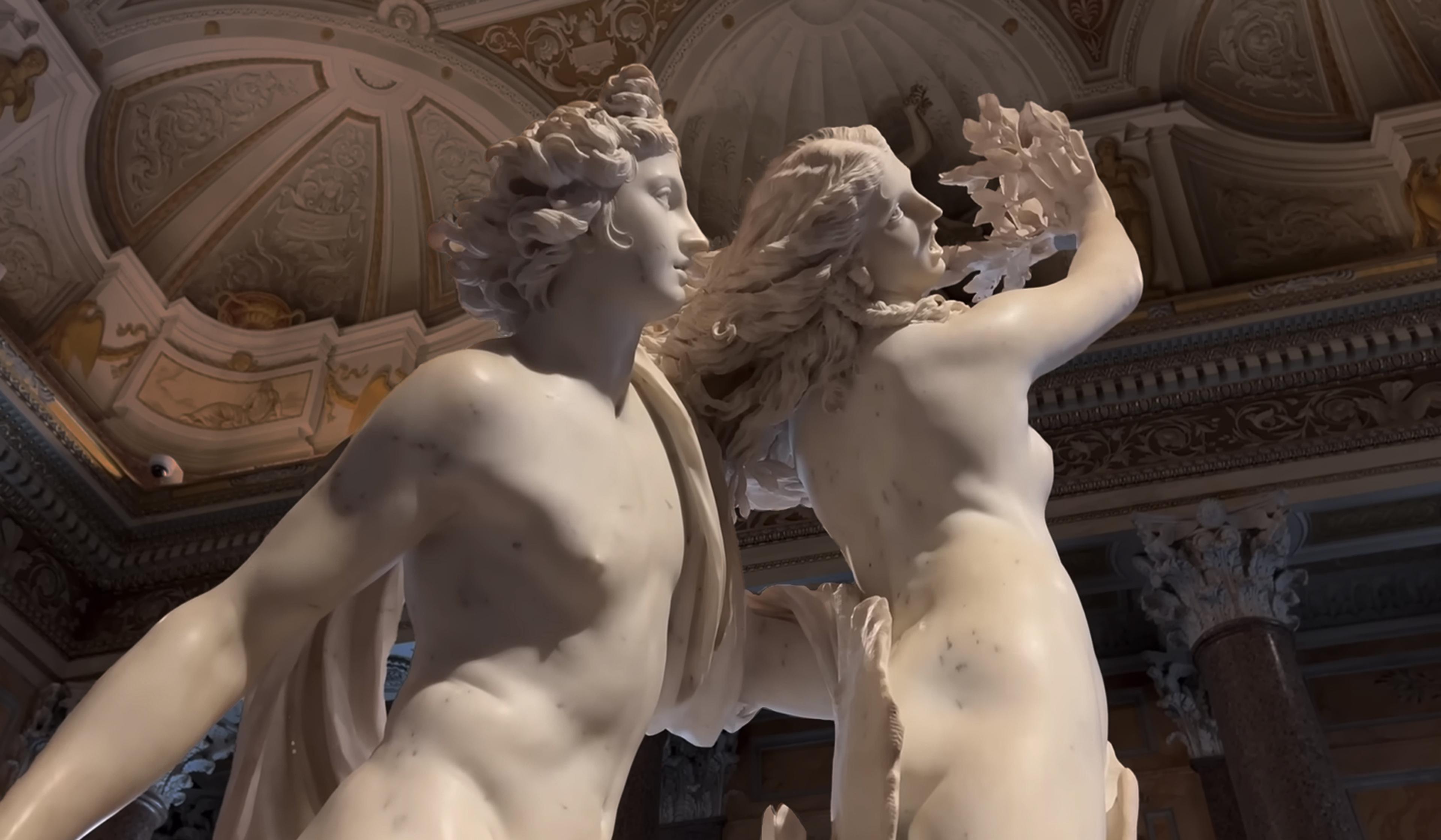
video
Art
The overlooked polymath whose theatrical oeuvre made all of Rome a stage
30 minutes
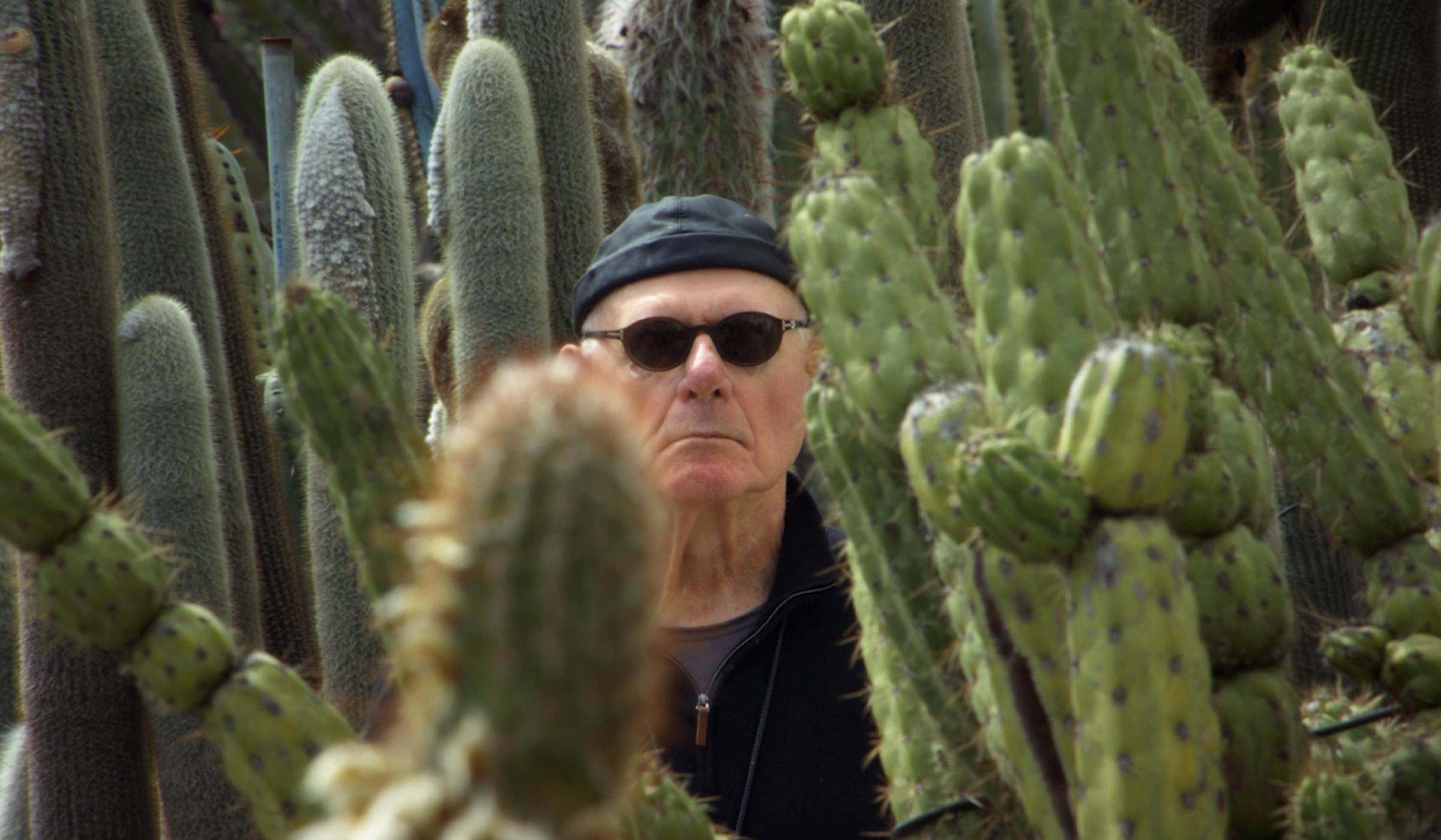
video
Beauty and aesthetics
The grit of cacti and the drumbeat of time shape a sculptor’s life philosophy
11 minutes
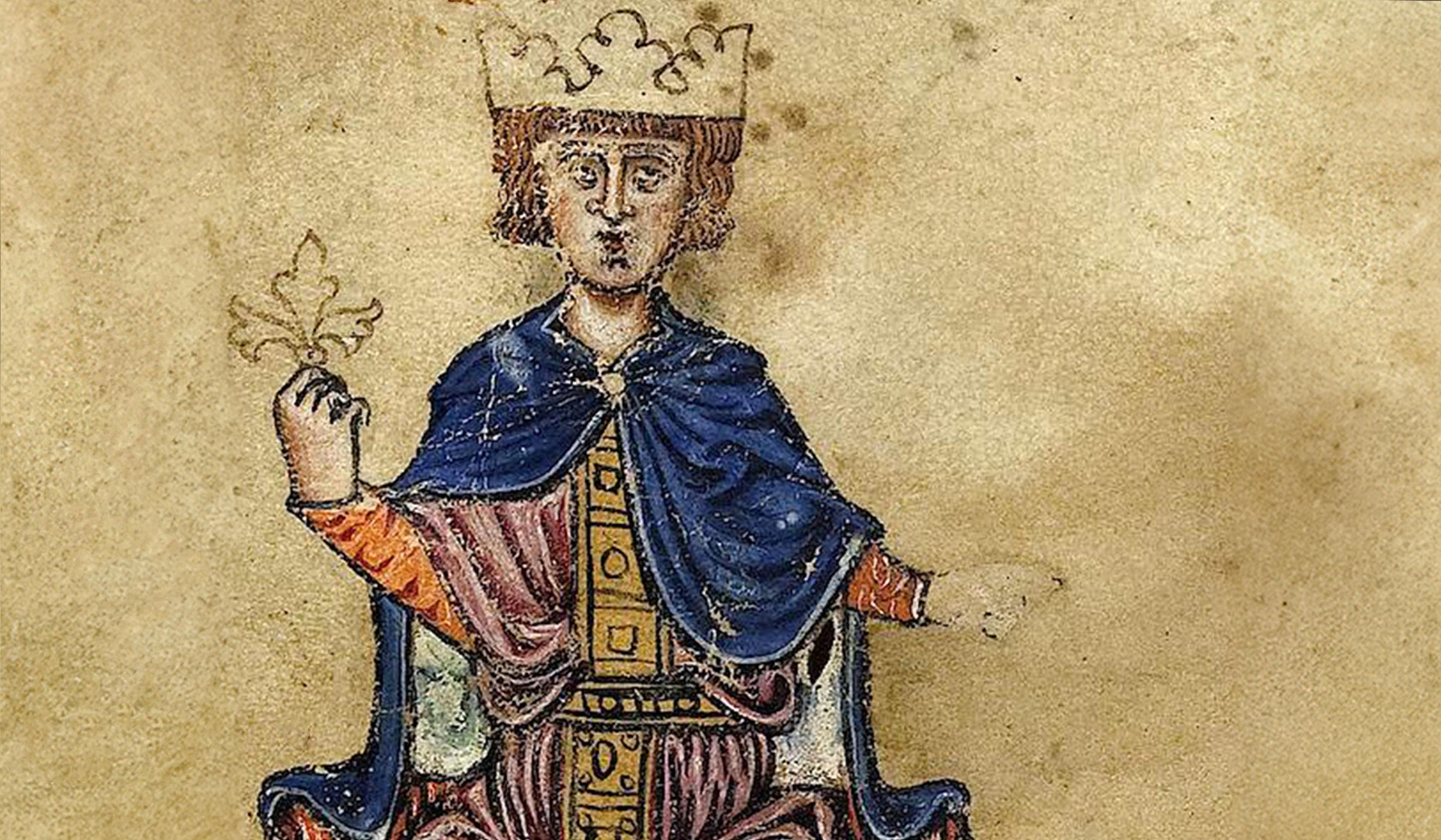
video
Religion
Hear from blasphemes, sceptics and free-thinkers in this ‘tour of medieval unbelief’
52 minutes
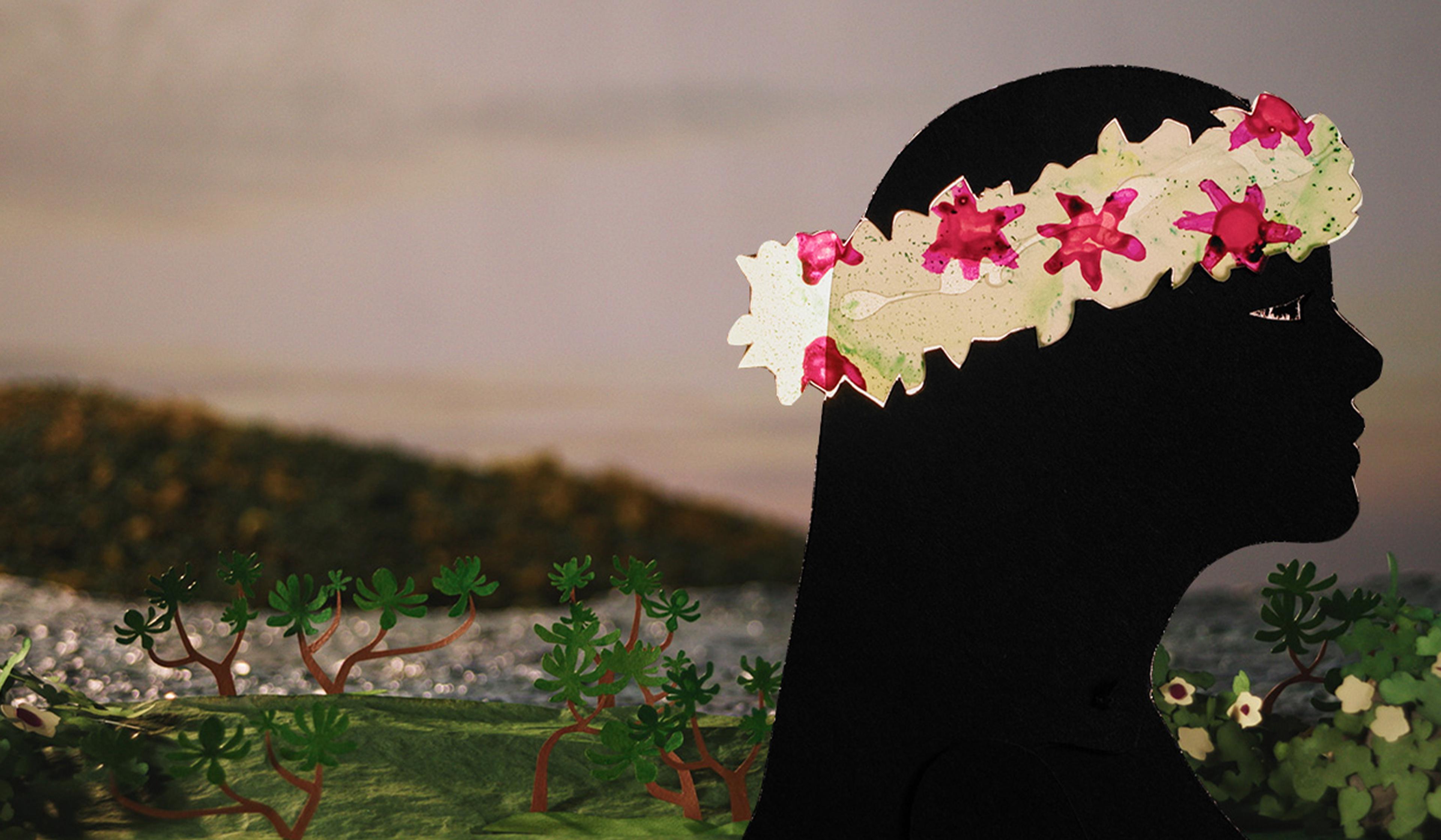
video
Ecology and environmental sciences
The ancient Hawaiian myth that sparked a modern ecological breakthrough
10 minutes
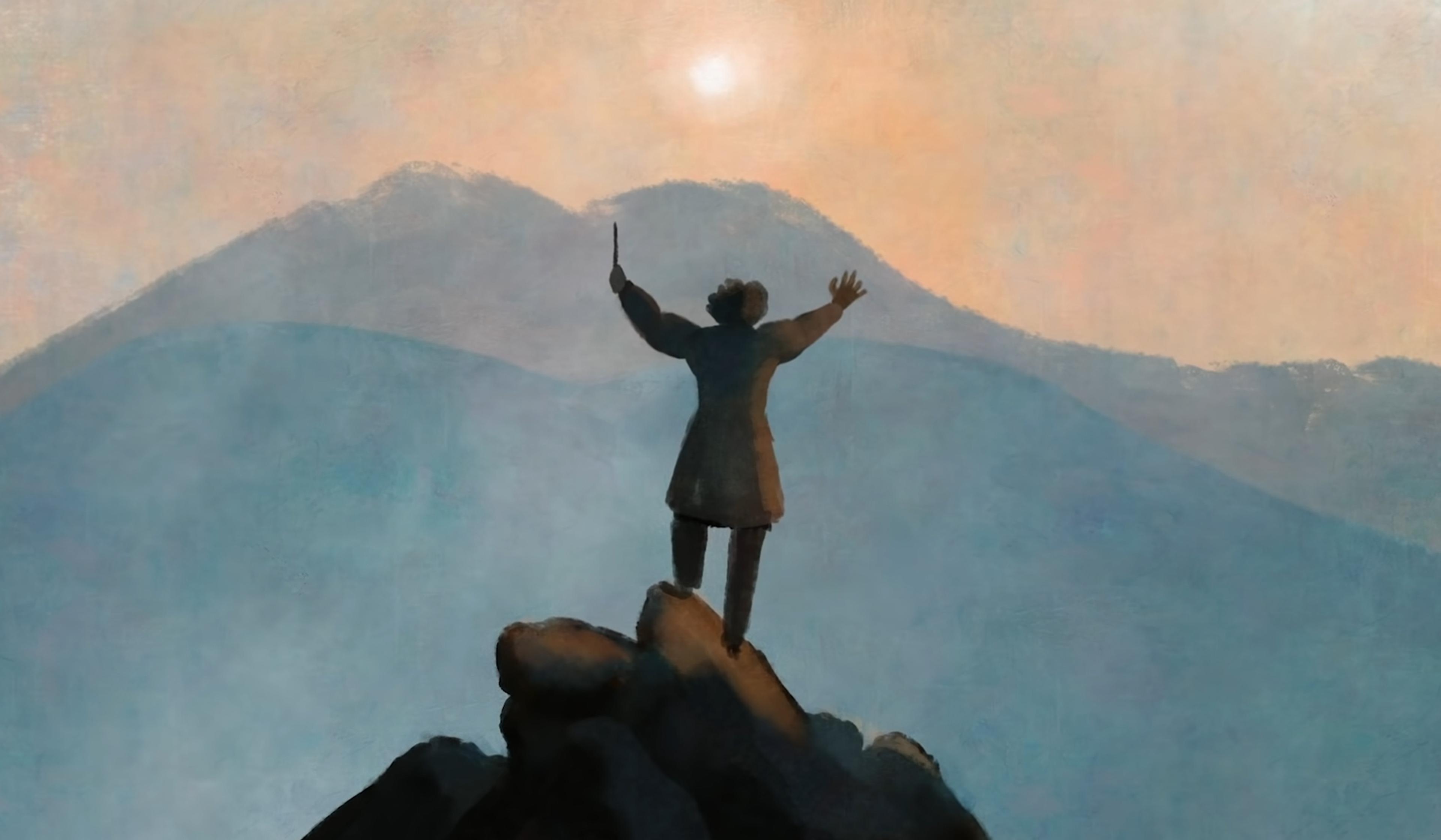
video
Music
‘Dun dun dun duuun!’ Why Beethoven’s Fifth sticks in the head and stirs the heart
5 minutes
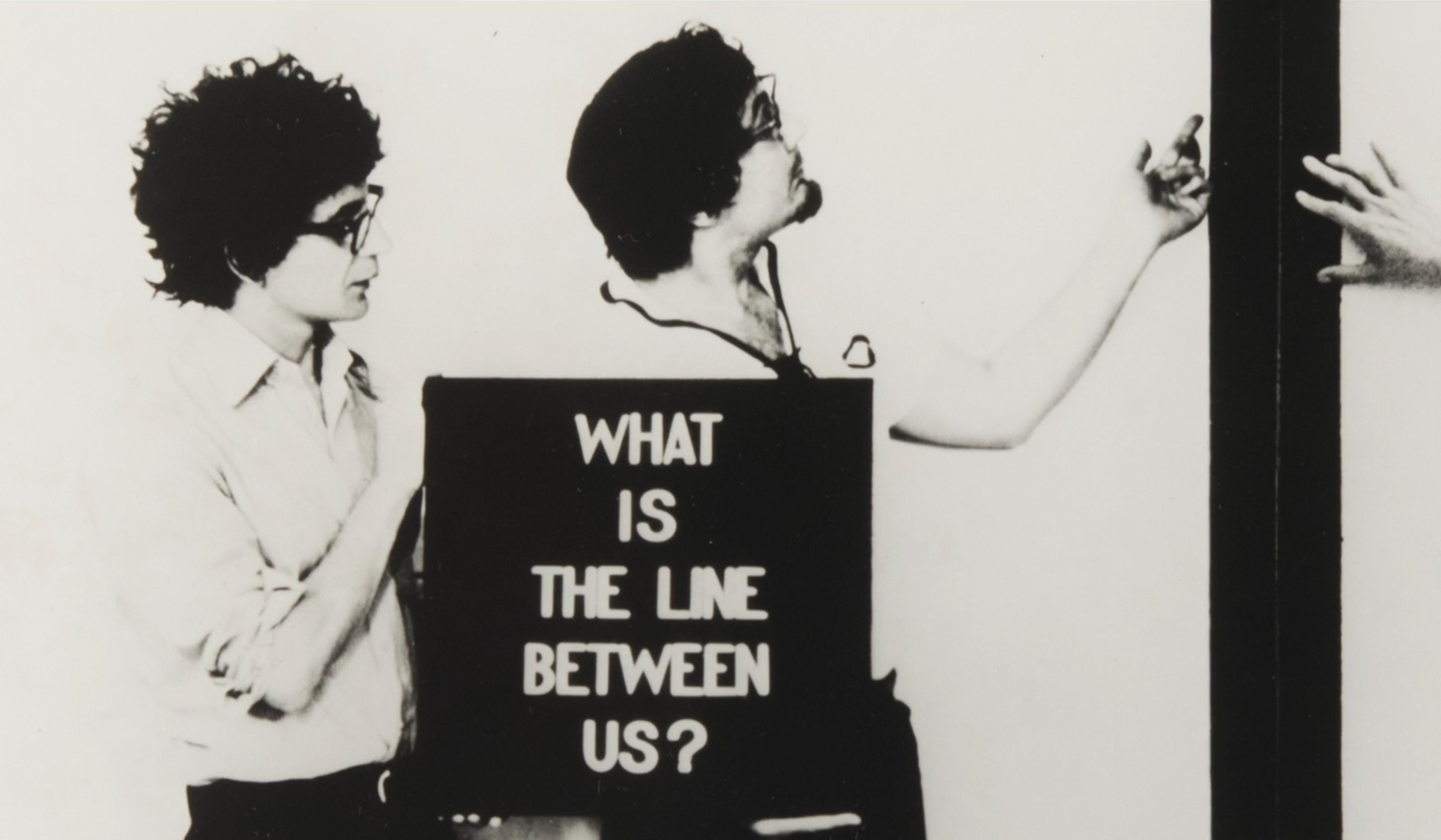
video
Art
The irreverent duo who thumbed their noses at the Soviet Union and the US art world
11 minutes
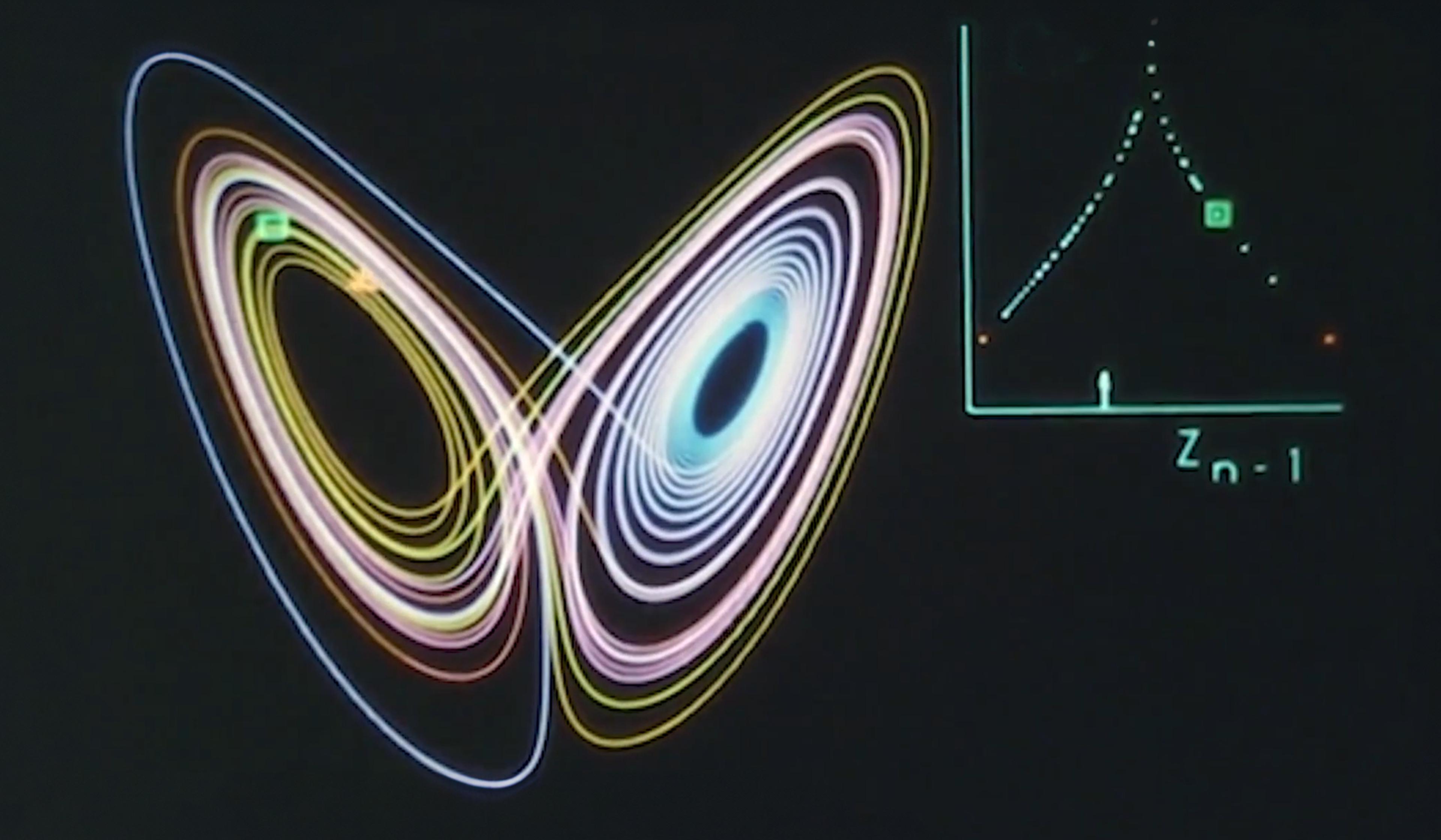
video
Thinkers and theories
Henri Bergson on why the existence of things precedes their possibility
3 minutes